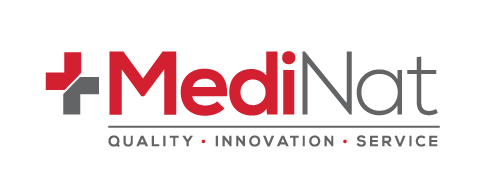
Developing a Drug and Alcohol Testing Policy
Share
Having an effective drug and alcohol testing system in your workplace — one that everyone can get on board with— starts with developing a comprehensive drug and alcohol policy.
A drug and alcohol policy sets out agreed procedures and guidelines to help overcome drug and alcohol issues in the workplace. It should include education for your employees on the risks and dangers of working while under the influence.
Your policy should be clear and detailed, and available in the employees’ handbook (or readily accessible to employees) as part of the health and safety policy for easy reference.
Why Do You Need a Drug and Alcohol Policy?
In order to introduce drug and alcohol testing in the workplace, you must first establish clear rules and procedures about how testing will be carried out in your drug and alcohol policy. You need to be very clear and specific on the obligations and responsibilities of everyone involved to ensure compliance.
Organisations have a duty of care to protect your employees while they’re at work and that includes testing for drugs and alcohol to reduce the chances of accidents. Every workplace is different so drug and alcohol policies should be tailored to the needs of each organisation for maximum effectiveness.
Where, When, and How Testing Will Occur
Clarity on who will be administering the drug and alcohol tests, privacy and consent procedures, where, how often, whether it will be random or scheduled, and what sort of test will be conducted (e.g. saliva or urine) is vital for a responsible and reliable drug testing regime.
What about test results? Will only non-negative results be revealed? How long before employees are told of their results?
Management of Non-Negative Test Results
If an employee tests non-negative in a workplace drug screening test, the sample will need to be confirmed as positive using either GCMS (Gas Chromatography Mass Spectrometry) or LCMS (Liquid Chromatography Mass Spectrometry) in a laboratory. Clear guidelines are required on what happens if a non-negative result occurs and what happens if the sample tests positive in the lab.
Disciplinary Action
Your policy needs to be clear on when disciplinary action should occur and what should happen. Should there be counselling available? What constitutes a breach of policy? When will an employee be dismissed?
Include processes for complaints and airing grievances about the testing procedure so every employee can voice their concerns.
Education and Awareness
As well as procedures for the actual testing, consider adding regular education about the risks of drugs and alcohol, and what can be done if people think they need help. You can either include general information about support services or implement an early intervention service for affected employees.
Drug and Alcohol Policy Assistance
Developing a drug and alcohol policy is a sensitive issue as it covers two competing workplace interests: private behaviour by an employee versus taking measures to ensure a safe working environment. At MediNat Australia, we can help you develop a strong and clear policy for workplace drug and alcohol testing in consultation with all stakeholders. We can also help you communicate and implement the policy.
Call us on 1300 725 520, email us at info@medinat.com.au or contact us online to speak to one of our team members.
